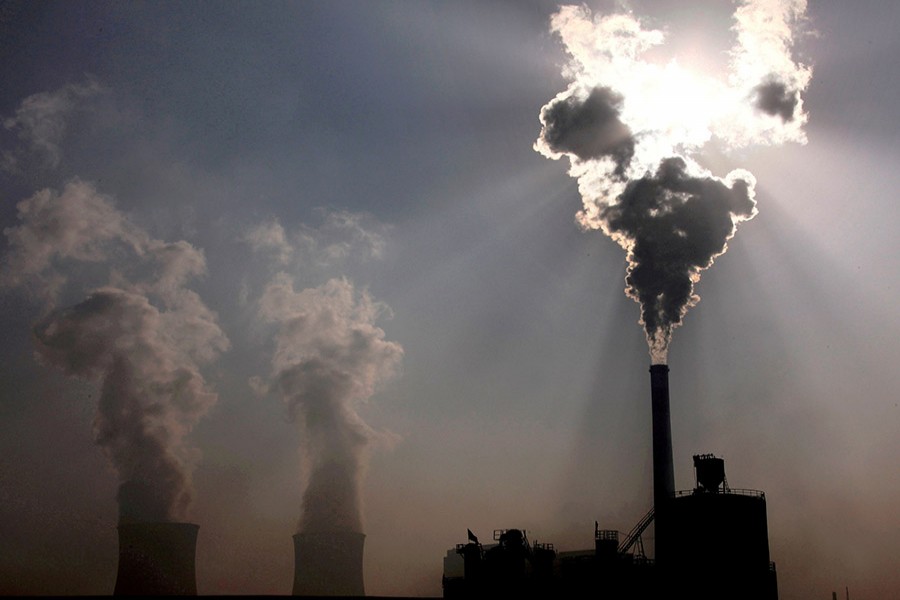At a time energy crunch has prompted countries, including developed ones, across the planet to either go for austerity in electricity use or reverting to coal-based power production, Bangladesh can count itself fortunate for having an alternative option. The option, moreover, is for a cleaner energy in the shape of natural gas. That the country has not done justice to this precious resource is partly because of its initial myopic or arcane policies and the attendant corruption and also partly because of a lack of required expertise and technology. Foreign companies took advantage of this and got away with even after incompetent handling of gas exploration and extraction leading to massive blowouts in gas fields, courtesy of leeway in agreements. Bangladesh has not proved it is a good bargainer when exploration of gas and sharing it are concerned.
It is exactly against such a backdrop, any proposal submitted by foreign companies either for exploration of gas reserve or development of gas fields not yielding enough volume of an economy of scale is placed for consideration, many keep their fingers crossed. The fact is that the Bangladesh Petroleum Exploration and Production Company (BAPEX) Ltd has by now achieved appreciable capacity for exploration of gas but it runs short of sophisticated machines and cutting-edge technological support both for exploration of gas, particularly the off-shore stock, and development of on-shore wells. Now that the economy is under stress on account of rising costs of imported fuels, there is a reinforced incumbency on the country to fall back upon its own available sources of energy. Experts find the origin of the malaise in the long neglect the domestic energy base has suffered due to wrong policy of overdependence on imported fuel oils and liquefied natural gas (LNG) along with maintenance of prolonged contracts with rental and quick rental power plants.
Now Chevron, a US energy giant, producing the bulk of Bangladesh's current gas output, has placed a proposal for exploration of two on-shore gas fields and part of another gas field. It has, however shown its interest in doing so under an 'unsolicited' agreement. This is to avoid the long process of tendering as part of a quick response to the outsize energy emergency. The company that produces 61.52 per cent of natural gas right now certainly qualifies for the job. But the problem is that Chevron has not made its intention clear as to how it would like to do this: either under a profit-sharing contract (PSC) or under a joint venture (JV) with the BAPEX.
In fact, the proposal is welcome if, of course, the agreements are reached to ensure fair shares and mutual benefits. The post-Covid energy crisis should teach the country a lesson. It is that decades of gains can be negated if domestic energy sources ---preferably the renewable, given the devastating impacts of climate change all across the globe ---are not tapped and developed adequately. Funds wasted on useless power generation projects or plants could have been used for developing the country's energy base. In time of crisis, a host country loses its bargaining power further. But multinational firms or companies treated as development partners with long-term stakes and interests can be convinced of the merit of ethical business practice. The need is to look beyond immediate business.


